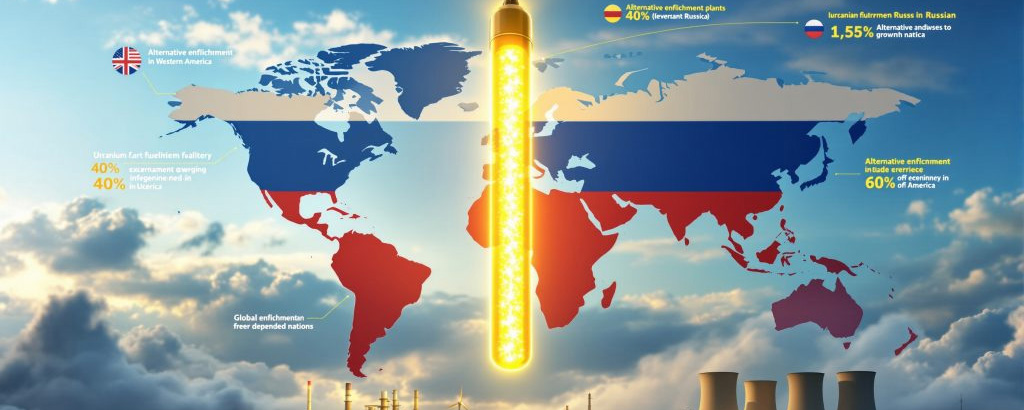Editoral - Uncertain World, Resilient India


The current global landscape is marked by unprecedented uncertainties and complex risks, including disruptions in global supply chains, energy security challenges, the severe impacts of climate change, cyber warfare, and escalating Russia-NATO tensions. According to reports by S&P Global and BlackRock, these challenges threaten global stability and create strategic imperatives for rapidly growing economies like India. To navigate these risks, India must critically redefine its policies and strategies in line with principles of strategic autonomy and self-reliance.
In recent years, global supply chains based on the ‘just-in-time’ manufacturing model have been severely disrupted due to geopolitical tensions and the pandemic. The Russia-Ukraine war, in particular, disrupted raw material supplies, fueling global inflation. For India, this disruption is both a critical challenge and a catalyst for self-reliance. The government is emphasizing domestic manufacturing through the ‘Atmanirbhar Bharat’ initiative and Production-Linked Incentive (PLI) schemes, while exploring ‘friend-shoring’ strategies to ensure reliable supply networks. These measures are crucial for both national security and economic resilience.
The volatility of global energy markets has elevated energy security to a matter of national importance. Post the Russia-Ukraine conflict, rising crude oil prices have exerted significant financial pressure on major importers like India. In response, India has introduced fundamental shifts in its energy policy, investing heavily in renewable energy sources, particularly solar and wind, alongside launching the Green Hydrogen Mission. Expanding strategic petroleum reserves and promoting energy efficiency are also key pillars. The objective is clear: reduce dependence on fossil fuels and move towards a sustainable, self-reliant energy future.
Climate change poses an immediate and destructive global threat, manifesting in India as irregular monsoons, floods, droughts, and heatwaves. These challenges threaten long-term stability and economic growth. The government has adopted climate-resilient policies, including initiatives under the National Action Plan on Climate Change (NAPCC), focusing on disaster management, water conservation, and adaptation strategies. At the same time, India continues to appeal to developed nations for climate justice and financial-technical support to tackle these challenges effectively.
With rapid digitalization, cyberattacks have become an integral part of national security concerns. India’s digital infrastructure faces increasing targeting by foreign actors. The government has prioritized cybersecurity, strengthening CERT-In and adopting a ‘zero-trust’ security model to protect critical digital assets. Ensuring a resilient cyber framework is vital for the continued success of Digital India initiatives.
The deepening tensions between Russia and NATO are reshaping the global power balance. In this complex geopolitical landscape, India has pursued a ‘multi-alignment’ policy. While maintaining historical defense and energy ties with Russia, India has simultaneously strengthened relations with Western nations. Active participation in groups like the Quad and leadership roles in multilateral forums such as the G20 provide India with a balanced and influential voice in global governance.
In conclusion, the emerging global risks of 2025 demand that India refocus its strategies on self-reliance, energy security, climate adaptation, digital protection, and balanced diplomacy. These challenges also present an opportunity for India to assert its role as a responsible, strategically resilient global power. By embracing these imperatives, India can navigate uncertainty while strengthening its position in the evolving international order.